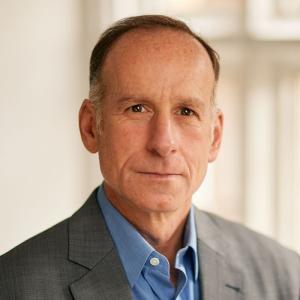Mobility, temporality, and Africa’s future politics
Mobility is redefining the geographic and temporal scale of political community and representation. As African cities become more populous than ever, their socio-politically generative power remain poorly understood. Where cities of the industrial revolution were progenitors of modern nationalisms, Africa’s urban centres lack both the markets and institutions to bond their populations or to territorially extend their disciplines. Yet these are also not sites of chaos: rather they are amalgams of evolving modes of local and translocal regulation. By tracing material and moral economies across time and space, the project asks what politics emerges in the continent’s urban spaces where spatial futures and boundaries are being renegotiated by actors largely disinterested in realising spatially bound, state-centred citizenship.
Through a mixed-method approach relying on original surveys, institutional analysis, poetry, and critical cartographies, this project will map imaginations and engagements; values and hopes for the future; and emerging political configurations. Over the course of five years (2019-2024), this initiative will employ surveys, ethnography, mapping, architectural engagements, video, and poetry to reveal the places and politics shaping Africa’s future.
Through its support for emerging scholars and post-graduate students, it will help generate a community of scholars spanning architecture, politics, and the humanities.Although oriented to reshaping scholarly conceptions of politics, space, cities, and mobility, its insights will have important implications for urban planning practice, migration politics, and broader questions of political representation, citizenship, and belonging.
Source of funding (if any):
Andrew Mellon Foundation, South African National Research Foundation.


